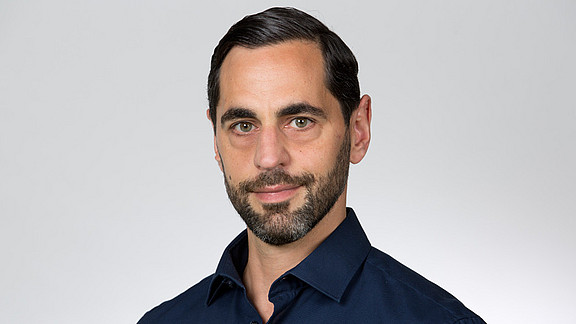Christian Johann Schmid has been a Senior Researcher at the International Centre for Higher Education Research (INCHER) from April 2019 to April 2023. He has been the coordinator of INCHER`s Research Area “Academic Change.”
In 2007, Christian finished his Master’s studies (with Honors) in sociology at LMU Munich with his thesis on the organizational culture of outlaw motorcycle clubs. In 2008, he transferred to the Chair of Organizational Studies, Continuing Education and Social Management at the TU Dortmund University, where he worked on several consecutive research projects that were funded by the German Research Association (DFG) and the German Federal Ministry for Education and Research (BMBF). In this position, Christian studied the effects of managerial(ist) university governance on academic practice. His findings have been published in leading (inter)national journals and edited volumes. In 2016, he finished his award-winning doctoral thesis, in which he concludes his prior empirical research with a general theory about the social organization of (dis)interested behavior.
Shortly after receiving his PhD in sociology (with distinction) from TU Dortmund, Christian joined the research consortium of a national funding program (“Advancement Through Education”; total grant: 250 million euros), where he worked on the development and organizational implementation of continuing higher education study programs in over one hundred German Higher Education Institutions (HEIs). In addition to focusing on HEIs in his recent research, Christian has continued his organizational ethnography of the outlaw motorcycle subculture as a side project, which he regularly presents at (inter)national conferences.
Christian‘s empirical studies are characterized by relational-constructivist perspectives within the sociology of (peopling) organizations. He is especially interested in the development and application of a conceptual framework that merges Bourdieu’s structural constructivism with Goffman’s dramaturgical interactionism. The use of both qualitative and/or quantitative methods of social research methodologically reflects his theoretical agenda. His current interest is in the social organization of deviants in academia.

